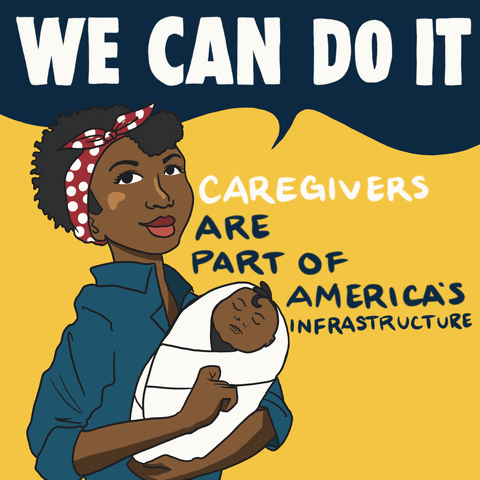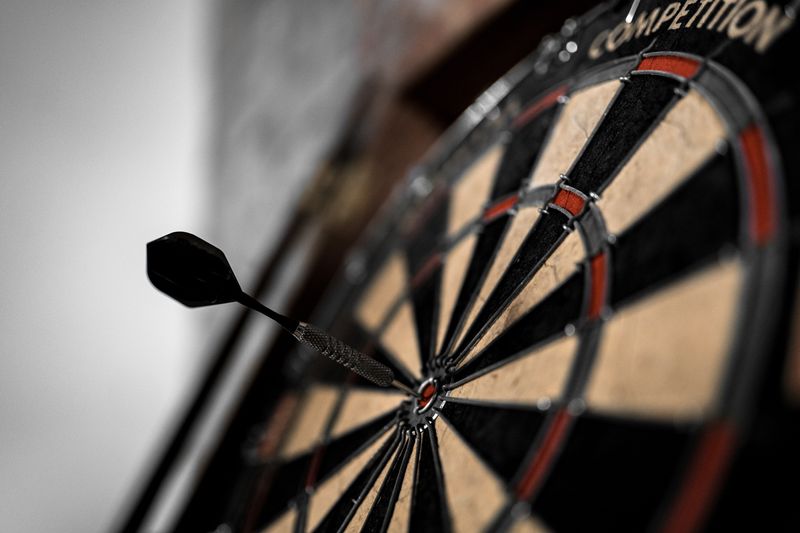
This logo isn't an ad or affiliate link. It's an organization that shares in our mission, and empowered the authors to share their insights in Byte form.
Rumie vets Bytes for compliance with our
Standards.
The organization is responsible for the completeness and reliability of the content.
Learn more
about how Rumie works with partners.

Do you enjoy caring for others? Did you know that you can get paid to do so?
Being a home health aide (HHA) is about providing care to allow others to maintain their dignity and independence.
How Does An HHA Improve The Lives Of Others?
HHAs provide:
Personal care (bathing, dressing, toileting)
Light housework (cooking, washing dishes, dusting)
Errands (grocery shopping, going to doctor’s appointments)
Companionship to allow their clients to remain at home rather than live in a facility.
This helps clients remain as independent as possible based on their condition.

A Day In The Life Of An HHA
 Photo by Antonio Scalogna on Unsplash
Photo by Antonio Scalogna on UnsplashThere's no such thing as a typical day for an HHA! Your duties depend on your client’s needs and the tasks written by the nurse in the client’s care plan. You're part of a team that includes:
The client and their family
A nurse
A social worker
The client's doctors
Other specialists such as physical therapists
HHAs responsibilities:
1. Observing and reporting changes in the client's condition. (Medication reactions, appetite, or illness).
2. Helping clients with tasks. Personal care (bathing, dressing, toileting); housekeeping (making the bed, vacuuming, watering plants); or errands (grocery shopping or scheduling appointments).
3. Helping clients remain engaged in life. Encouraging clients to socialize, attend events, or participate in hobbies.
Depending on your state's rules, you may give medication reminders, help clients recovering from injuries with their exercises or take temperatures.
Quiz
Which of these would you do as an HHA?
Helping with personal care is one of your most important duties as an HHA. Personal care can include: toileting, bathing, and dressing. It's best if nurses or doctors take care of medical procedures. While you might be expected to run some errands for your client, tasks like yard work go beyond the scope of your duties.
What Kind Of Experience Do I Need?
 Most HHAs have a high school diploma or GED. HHA training covers:
Most HHAs have a high school diploma or GED. HHA training covers:
Body mechanics (how the body moves, how to properly move clients)
Basic nutrition and how to cook for people with special diets
Infection control (handwashing, cleaning techniques)
Some states require certification, including a test, background check or specialized training on:
Basic first aid
CPR
Your state’s board of health lists the requirements for becoming an HHA. You can find your state's board of health website from the CDC (Centers for Disease Control) website, which has links to each state’s board of health.
For local training programs, Google “home health aide training” and the name of your state.
Where Can I Find Work As An HHA?
 Photo by NeONBRAND on Unsplash
Photo by NeONBRAND on UnsplashPrivate (working directly for the client)
Home care agencies
There are similar jobs known as certified nursing assistants (CNAs) or personal care assistants (PCAs) who might also work in facilities such as nursing homes, hospices, assisted living, or continuing care retirement communities.
Did you know?
How Much Can I Make?

🇺🇸 United States
$27,080 per year or $13.02 per hour .
🇨🇦 Canada
$20.88 Canadian per hour in Canada .
You’ll Love Being A HHA If:

You like helping people. You're sensitive to others' needs and help clients have a more fulfilling life.
You're detail oriented. There are many rules to follow when helping clients. You also have to carefully follow instructions and report your observations.
You have great people skills. You need to be able to communicate well with your client, their family, the care team, and others involved in your client’s life. Being dependable and trustworthy also helps.
You have physical stamina (long lasting strength). You may be on your feet often or have tasks such as lifting or turning clients.
Think About Another Career Path If:

You have a hard time providing personal care. You should be comfortable bathing and dressing others and dealing with bodily functions such as urine.
Patience isn’t your strong suit. Clients are often in pain, unaware of their actions or struggling in other ways. They may take their feelings out on their HHA.
Time management is hard for you. Your duties include finishing tasks, getting clients to appointments, and arriving to work on time.
You don’t like following instructions. You need to be able to follow the instructions given for client care to ensure your client’s safety and your own.
Pick The Future HHA
 April
April
Has difficulty following instructions exactly.
Has great stamina.
 Darryl
Darryl
Doesn't like dealing with bodily functions.
Is shy when meeting new people.

Michelle
Is very patient and a great communicator.
Really likes details and easily deals with changes to routine.
Quiz
Who sounds like the best fit as an HHA?
Michelle has many of the qualities necessary to succeed as an HHA and should enjoy taking on this job.
Take Action
 Photo by Anastase Maragos on Unsplash
Photo by Anastase Maragos on UnsplashIf a career as an HHA sounds like the right one for you:
This Byte has been authored by
Cassandra Martin-Himmons
Curriculum Developer